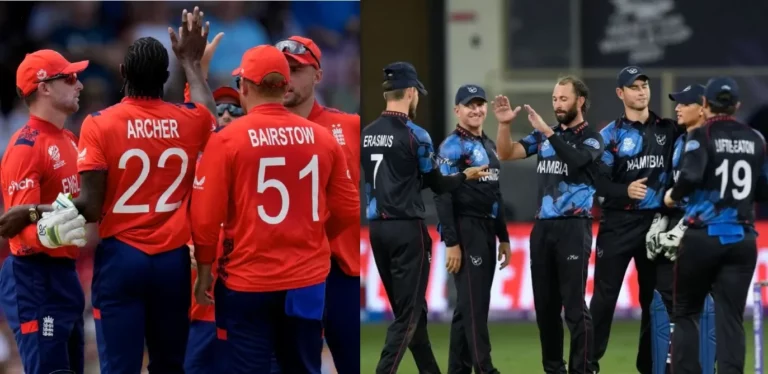Understanding the concept of spot-fixing in IPL
Laserbook247, Yolo247 Sign Up:Spot-fixing in the IPL refers to the manipulation of specific moments or aspects within a cricket match, rather than the overall outcome of the game. Players involved in spot-fixing may deliberately underperform or engage in predetermined actions during certain moments of the match, such as bowling a no-ball in a particular over or not scoring runs in a set period. These illicit activities are often carried out covertly to gain financial benefits through illegal betting or to fulfill pre-agreed terms with bookies.
Spot-fixing undermines the integrity and fairness of the game, tarnishing the spirit of sportsmanship and fair play that are essential in competitive sports. By selectively influencing specific moments within a match, players compromise the genuine competition and deceive fans, sponsors, and governing bodies. This unethical practice not only threatens the credibility of the sport but also erodes the trust and confidence of the cricketing community, ultimately damaging the reputation of the game.
How does spot-fixing differ from match-fixing?
Spot-fixing and match-fixing are both forms of corrupt practices in sports, particularly in the context of the highly popular Indian Premier League (IPL). However, the key distinction between the two lies in the scope of the manipulation. While match-fixing involves predetermined outcomes of entire matches, spot-fixing focuses on specific moments or occurrences within a game.
In spot-fixing, players or officials manipulate particular events during a match, such as the number of runs scored in an over or the timing of a wicket falling. This targeted approach allows for discreet intervention without necessarily altering the overall result of the game. On the other hand, match-fixing involves orchestrating the outcome of an entire match, potentially impacting the overall integrity and fairness of the competition.
Why is spot-fixing considered unethical in sports?
Spot-fixing is viewed as particularly unethical in sports due to its direct impact on the integrity and fairness of the game. When players engage in spot-fixing, they manipulate specific moments within a match, such as the timing of a particular event or the number of runs scored in an over. By doing so, they not only betray the trust of fans and spectators but also compromise the fundamental principles of fair competition that underpin sports.
Moreover, spot-fixing undermines the very essence of sportsmanship and sports ethics. It goes against the spirit of fair play, where athletes are expected to compete honestly and to the best of their abilities. When individuals resort to spot-fixing, they not only tarnish their own reputation but also erode the trust and credibility of the sport itself. The deceitful nature of spot-fixing introduces an element of doubt and suspicion into every game, casting a shadow over the genuine efforts of those who play and follow the sport with integrity.
What is spot-fixing in sports?
Spot-fixing is when a player or official manipulates a specific aspect of a game, such as the number of runs scored in an over or the number of goals scored in a period, for personal gain.
How does spot-fixing differ from match-fixing?
Spot-fixing involves manipulating a specific aspect of a game, while match-fixing involves manipulating the overall outcome of the game. Both are considered unethical and can have serious consequences in sports.
Why is spot-fixing considered unethical in sports?
Spot-fixing is considered unethical in sports because it undermines the integrity of the game and goes against the principles of fair play. It can also lead to fans losing trust in the sport and can have a negative impact on the reputation of the players and teams involved.







